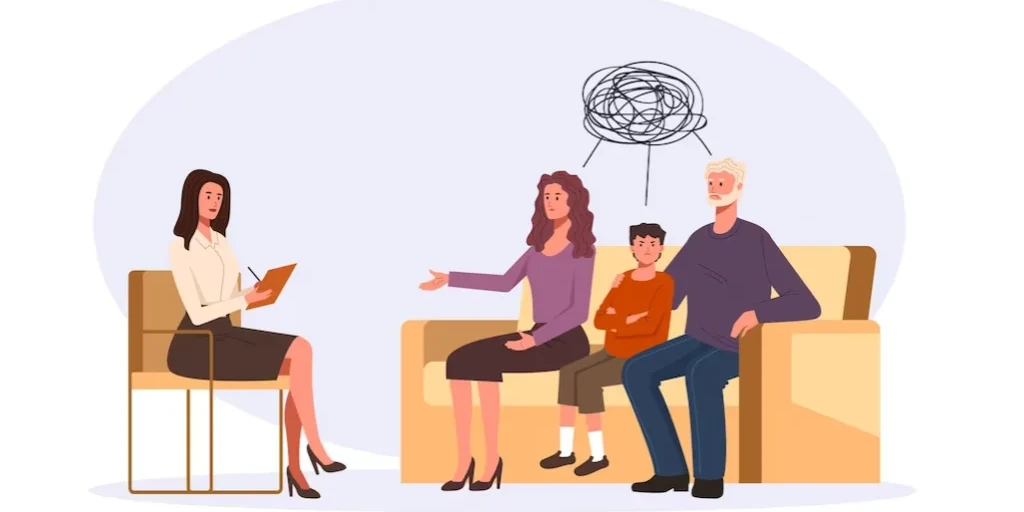is dedicated to addressing the growing concern of alcohol addiction, offering a range of tailored services designed to foster recovery and rebuilding lives. Alcohol rehab centers in Great Falls provide essential support for individuals struggling with alcoholism, often encompassing diverse addictions that stem from substance abuse. The impact of these centers has been profound, reflecting the national efforts aimed at combating addiction and encouraging holistic healing. Historically, as awareness of addiction's complexity has evolved, Great Falls has emerged as a pivotal location in the fight against substance dependency, fostering community partnerships and embedding professional practices in its rehab facilities. These centers adopt evidence-based treatment approaches, combining therapeutic modalities such as Cognitive Behavioral Therapy (CBT), motivational interviewing, and holistic therapies that empower individuals in their journey to sobriety. Understanding the importance of rehabilitation, these centers emphasize the need for a structured environment where individuals can focus on healing without external pressures. Beyond mere treatment, rehab centers in Great Falls aim to prevent relapse through community integration, education, and continuous support. By creating a safe space for individuals to reflect, learn, and grow, these centers play a vital role in reshaping lives, signifying hope, and championing recovery.
Learn more about Alcohol Rehab centers in Great Falls

















































































































